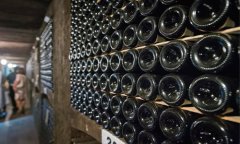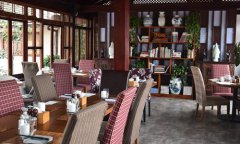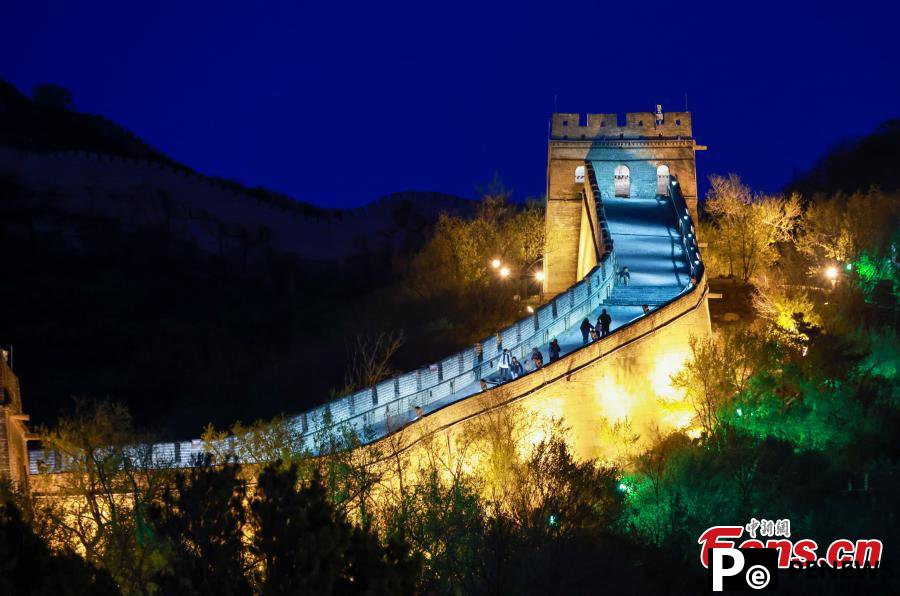
"I get really emotional when I walk into these cafes and I see Yemen coffee becoming a thing," says coffee entrepreneur Mokhtar Alkhanshali. Port of Mokha hide caption
toggle caption Port of Mokha"Yemeni coffee is number one," announced Ibrahim Alhasbani, who founded Qahwah House in 2017, soon after immigrating to the U.S. Alhasbani's rapidly expanding chain of Yemeni coffee shops now includes 23 locations from Texas to New York.
Over pistachio lattes at a Qahwah House in Dearborn, Mich., he explained that Qahwah is the Arabic word for coffee.
"I want to share the culture. I want to share the coffee. I want to share the history," Alhasbani said.
Hundreds of Yemeni coffee shops have opened in recent years on city blocks and in strip malls all over the U.S. Other chains include Haraz, MOKAFÉ and Qamaria Yemeni Coffee Co. Yemen is an ancient birthplace of the coffee trade, and immigrants fleeing its civil war have brought their culture here in the form of cafes.
Sponsor Message

The Salt Coffee Shop Entrepreneur Shows Customers Yemen Is About More Than War
This wave of Yemeni coffee houses is distinctive for their beautiful designs, late hours, coffee drinks with cardamom and ginger, and desserts that range from hazelnut kunafa cheesecake (made with thin shreds of pastry dough) to decadent chocolate-dipped cakes.
"The desserts are just phenomenal," said Fionn Pooler. He covers the specialty coffee industry in his newsletter, The Pourover. Pooler, who is based in Scotland, has followed the rise of Yemeni coffee shops in the U.S. and the U.K. He was particularly impressed by the pastries he experienced at London's Qima Café. "Most coffee shops, you get nice pastries but not really to the same kind of level," he said.
As for the coffee, Yemeni beans enjoy a mystique among connoisseurs because of their rich history and flavors, Pooler said, and what he's tasted lives up to the hype.
"I think probably that is partly because the coffee that's made it to us recently has been really the best of the best," he said. "Only the best coffee is getting out."
Coffee prices have skyrocketed worldwide because of climate change, affecting exports everywhere. "There's like hijackings," Poole said. "There's people holding on to coffee because they don't want to sell it, because obviously, the price can keep going up."
Sponsor Message
Most coffee consumed in the U.S. comes from Brazil and Colombia. It's subject to the same 10% tariffs as coffee from Yemen. Alhasbani imports his coffee from a family farm near the capital, Sanaa. He said getting it to the port in Aden, hundreds of miles south, has become increasingly difficult.
"Before the war, it was like 10 hours driving to take the shipment from Sanaa to the port," he said. "With the war, it's like two days sometimes."

Shots - Health News At the heart of this cozy coffee shop lies a big sister's love for her little brother
And there's no guarantee that a shipment of Yemeni coffee — which can represent a farm's entire growing season — will even make it, added coffee entrepreneur Mokhtar Alkhanshali. He grew up in coffee-obsessed San Francisco, at a time when few people outside the Yemeni community knew much about the country's coffee. These days, the Bay Area enjoys a wealth of Yemeni coffee houses, including Delah Coffee, Heyma Yemeni Coffee and Mohka House.









